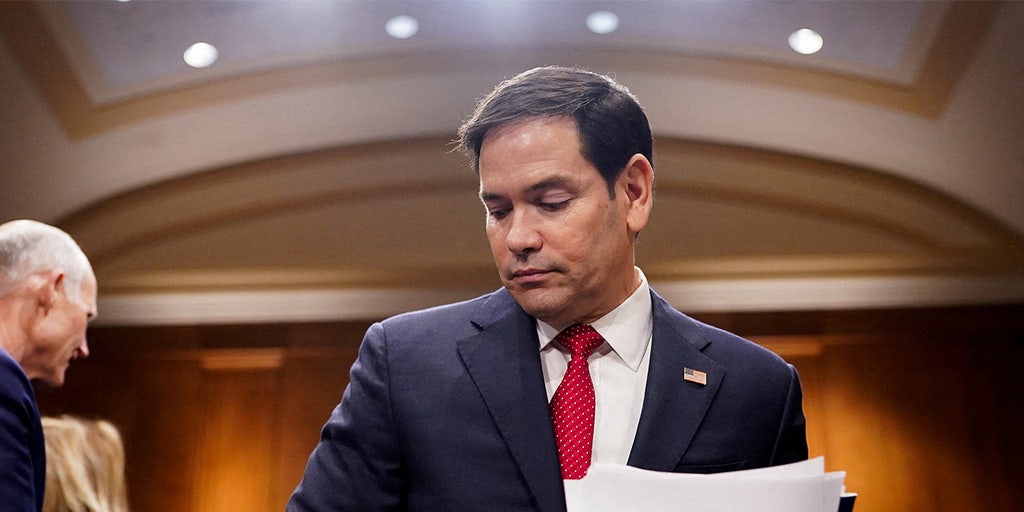Rubio's Diplomatic Shift: Refugee Admissions Halted as Visa Screening Intensifies

In a significant policy shift, Secretary of State Marco Rubio has announced a strategic overhaul of the nation's refugee and visa protocols. Rubio is recommending an immediate halt to refugee resettlement operations while simultaneously calling for a comprehensive enhancement of visa screening processes targeting specific geographic regions.
The proposed changes signal a more stringent approach to immigration, with Rubio emphasizing the need for heightened security measures and more rigorous background checks. By pausing current resettlement efforts and intensifying vetting procedures, the State Department aims to strengthen national security and ensure a more controlled immigration system.
This directive reflects growing concerns about potential security risks and underscores the administration's commitment to a more cautious and selective approach to international migration. Rubio's recommendations are expected to spark significant debate about the balance between humanitarian obligations and national security priorities.

